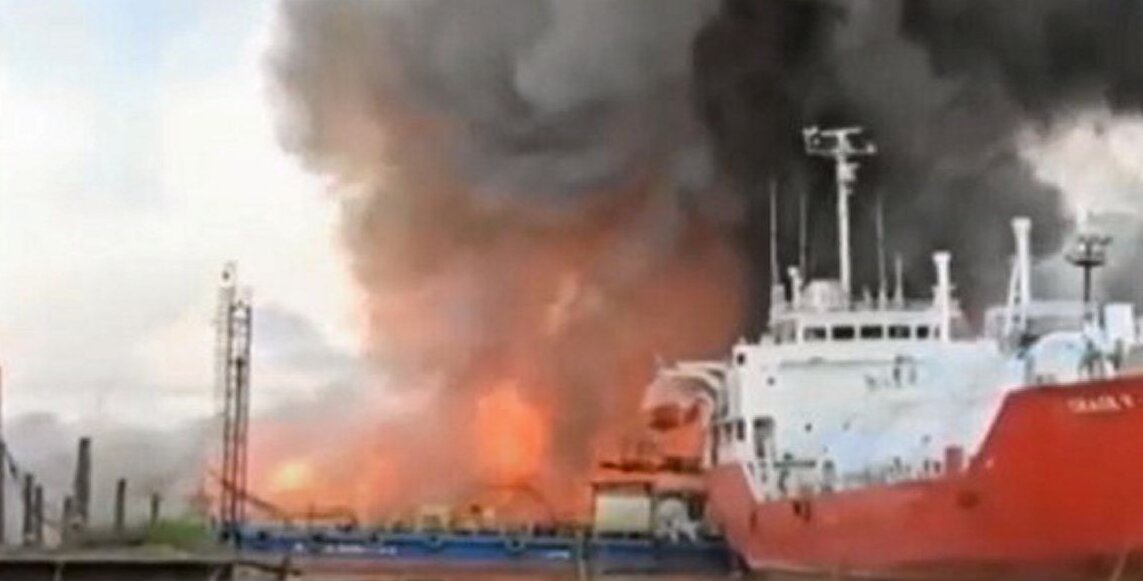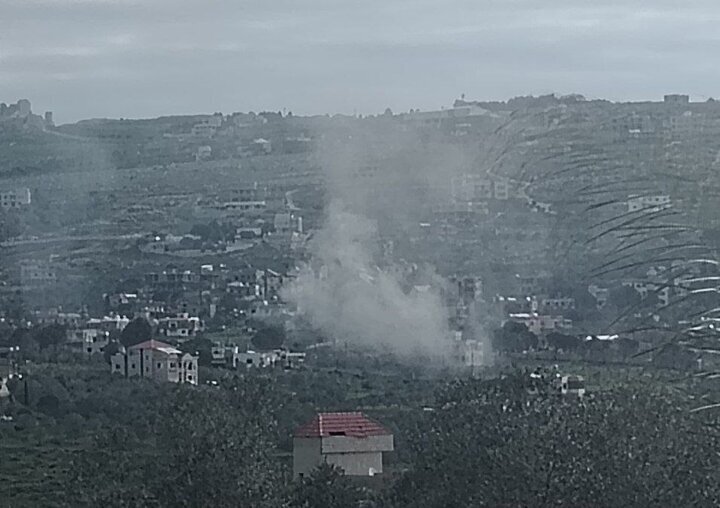Massive Explosions Shake Tanker at Savona Port in Italy: Eyewitness Accounts and Latest Updates
The recent incident involving the Seajewel tanker has raised significant concerns in the maritime industry. On a typical day of unloading oil, the Malta-flagged vessel was rocked by two explosions, resulting in a notable hole in its hull. Fortunately, there were no reports of oil spills or injuries, but the situation has prompted an immediate halt in unloading operations due to unexplained malfunctions.
According to reports from Sputnik, the explosions occurred while the tanker was actively engaged in its unloading procedures. This unexpected turn of events has led to a thorough investigation to determine the cause and implications of the blasts.
Key Details of the Incident
- Vessel Involved: Seajewel tanker, flagged under Malta.
- Incident Time: During the unloading of oil.
- Impact: Two explosions leading to a hole in the hull.
- Immediate Effects: Unloading operations ceased.
- Safety Outcome: No injuries or oil leaks reported.
The maritime community is closely monitoring the situation, as incidents like these can have far-reaching implications for shipping routes and safety protocols. The Seajewel tanker’s crew and operational team are conducting a detailed assessment to ensure the vessel’s safety and integrity before resuming any activities.
Investigation and Safety Measures
The cause of the explosions remains unclear, leading to heightened scrutiny from maritime safety authorities. In light of this incident, several key measures are likely to be implemented:
- Investigative Protocols: Authorities will conduct a comprehensive investigation into the cause of the blasts.
- Safety Inspections: A thorough inspection of the Seajewel tanker to assess damage and safety compliance.
- Operational Review: Review of unloading protocols and safety measures in place to prevent future incidents.
- Crew Training: Enhanced training for the crew on emergency response and safety procedures.
The maritime industry has stringent safety protocols designed to prevent accidents. However, this incident underscores the need for continuous vigilance and adherence to safety standards. The Seajewel tanker incident also highlights the potential risks associated with oil transportation, which can have devastating environmental impacts if not managed properly.
Environmental Concerns
While the immediate situation has not resulted in oil spills, the potential for environmental damage remains a top concern. Oil tankers are often a focal point for environmental protection discussions due to their risk of spills and leaks. The following points summarize the importance of environmental safety in maritime operations:
- Preventing Spills: Strict regulations are in place to prevent oil spills, which can cause irreversible damage to marine ecosystems.
- Emergency Response Plans: Each vessel must have a comprehensive emergency response plan to address potential leaks or spills.
- Regular Training: Crew members must undergo regular training to handle emergencies effectively.
- Environmental Monitoring: Continuous monitoring of the marine environment is essential to detect and respond to any potential issues swiftly.
As the investigation unfolds, stakeholders in the maritime industry are urged to remain proactive in reinforcing safety measures and ensuring compliance with environmental regulations. The incident with the Seajewel tanker serves as a critical reminder of the inherent risks of maritime operations and the importance of safeguarding our oceans.
Conclusion
In conclusion, the explosion aboard the Seajewel tanker has raised several questions regarding maritime safety and environmental protection. While the immediate impact was minimal in terms of injuries and oil leaks, the situation calls for a thorough investigation and a reassessment of safety protocols within the industry. Moving forward, it is crucial for all maritime operations to prioritize safety and environmental stewardship to prevent similar incidents in the future.






